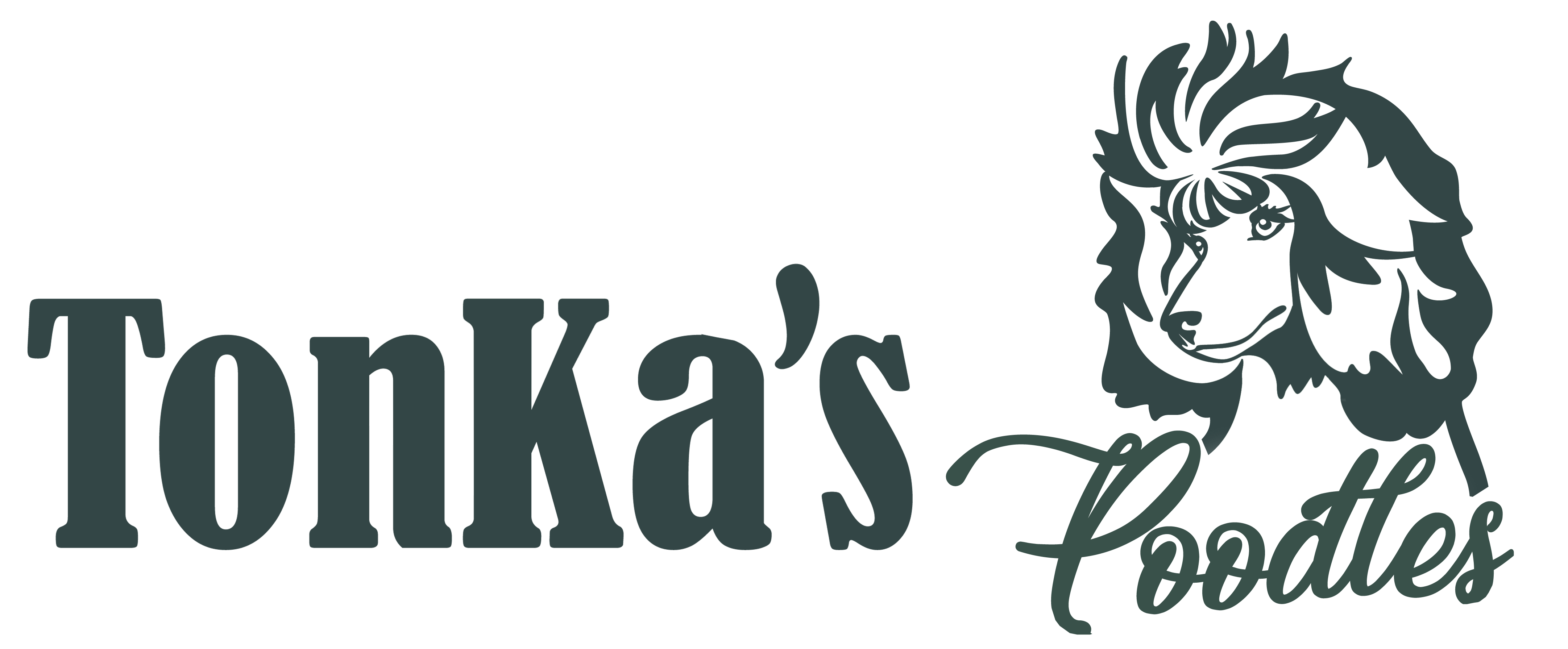Phantom Poodles are a striking variation of the Poodle breed, known for their distinct and stylish appearance. Unlike solid-colored Poodles, Phantom Poodles boast a unique two-tone coat pattern, similar to that of a Doberman or a Rottweiler. This article will explore what makes Phantom Poodles so special, from their eye-catching looks to their temperament and care needs.
What Are Phantom Poodles?
Phantom Poodles are defined by their specific color pattern: a primary base color with sharply defined secondary color markings on the eyebrows, muzzle, chest, legs, and under the tail. The contrast between these colors creates a "phantom" or shadow-like effect, giving the dog a sophisticated and elegant look.
Common color combinations include:
- Black and Tan
- Brown and Apricot
- Silver and Cream
History and Genetics
The Phantom Poodle pattern is a result of specific genetic factors. These dogs inherit their unique coloring from both parents, who must carry the genes responsible for this trait. While the Phantom pattern is rare, it is recognized by many kennel clubs and breed organizations, making these dogs a desirable choice for Poodle enthusiasts.
Temperament and Personality
Like all Poodles, Phantom Poodles are known for their intelligence, loyalty, and affectionate nature. They are quick learners and excel in obedience training, making them a popular choice for families, singles, and seniors alike. Their playful yet calm demeanor allows them to adapt well to various living situations, whether in a bustling city apartment or a quiet country home.
Caring for a Phantom Poodle
Phantom Poodles require the same level of care as other Poodle varieties. Regular grooming is essential to maintain their curly coat and prevent matting. Additionally, because they are highly intelligent, they benefit from mental stimulation and regular exercise to keep them happy and healthy.
Grooming: Regular brushing and grooming every 4-6 weeks help to keep their coat in top condition. Many owners opt for professional grooming to achieve the classic Poodle look, but you can also maintain their coat at home with the right tools.
Exercise: Phantom Poodles are active and enjoy regular walks, playtime, and even agility training. Their energy levels can vary depending on their size, so it’s important to tailor their exercise routine to their specific needs.
Health: Like all Poodles, Phantom Poodles are generally healthy but can be prone to certain conditions such as hip dysplasia, progressive retinal atrophy, and certain skin conditions. Regular vet check-ups are key to ensuring they stay in good health.
Why Choose a Phantom Poodle?
Phantom Poodles offer a unique combination of beauty, intelligence, and charm. Their distinctive appearance sets them apart from other Poodles, making them a conversation starter wherever they go. Whether you’re looking for a loyal family companion or a stylish show dog, a Phantom Poodle might just be the perfect fit for you.

